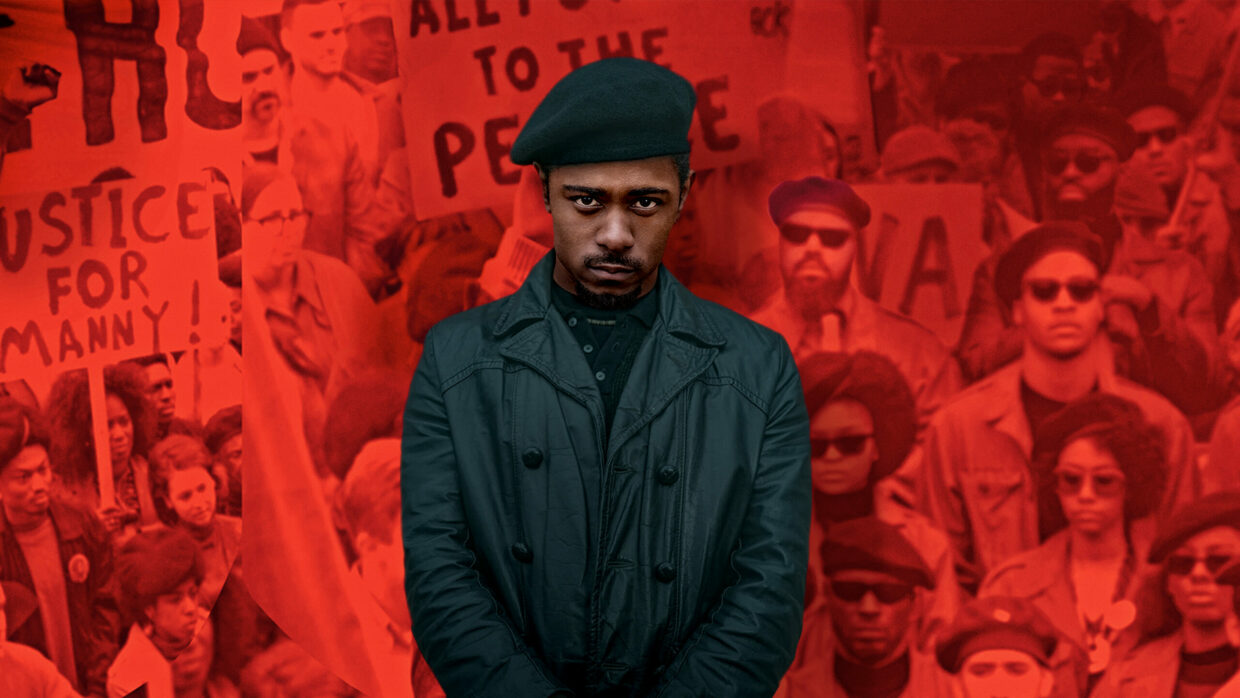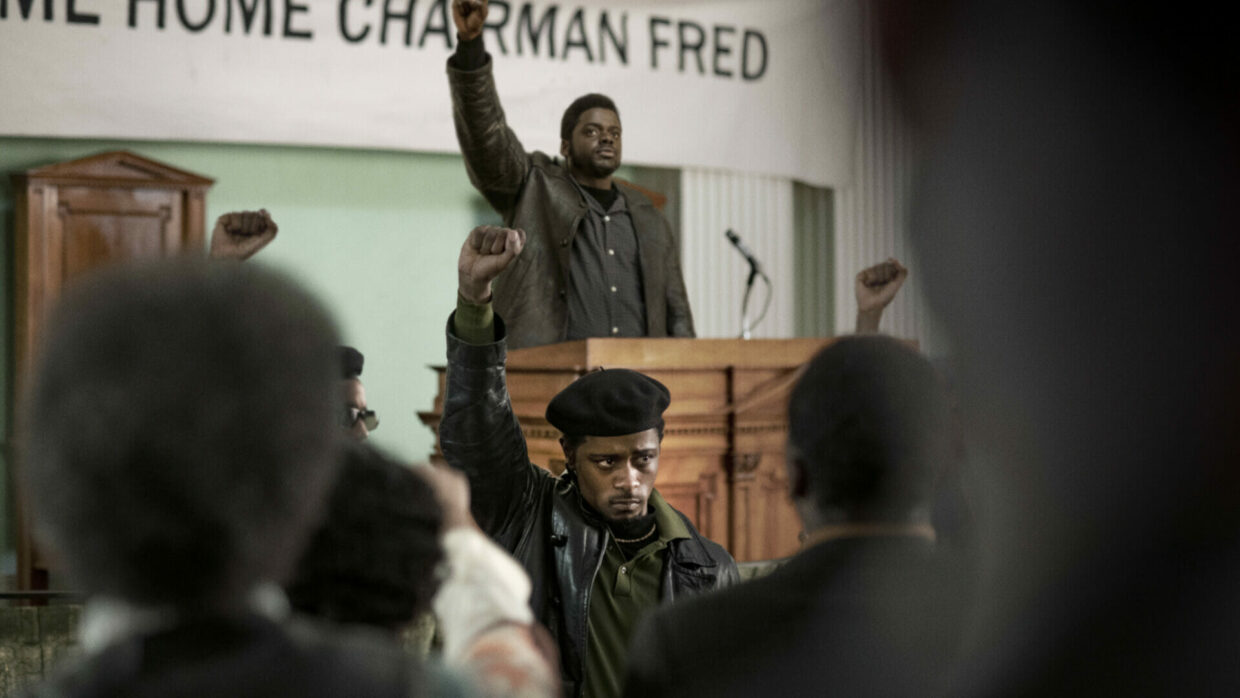
By Stephen Aspeling7 February 2022
Judas and the Black Messiah: the true story of FBI spy William O’Neal
Taking place in America and Wakanda, history and the Marvel Universe, the stories of the Black Panther Party and the superhero epic Black Panther are literally worlds apart. Their origin stories may be found in different parts of the library, but each has attributed political clout. While the superhero and revolutionary party share the same name and a desire to overpower white supremacists, the superhero character was actually conceived several months before the real-life movement originated.
While the Black Panthers started as a self defence initiative to help protect people in their neighbourhood from ongoing acts of police brutality, the party developed a Marxist ideology, calling for radical reform with a membership of roughly 2 000 at one point.
Racism and police brutality are still prevalent today, making the feature film Judas and the Black Messiah a timely exploration of the party’s influence and legacy. The 2015 documentary, The Black Panthers: Vanguard of the Revolution, is one of only a handful of films about the Black Panthers and may have sparked renewed interest in their most prolific period between 1966 and 1982.
Judas and the Black Messiah, streaming on Showmax, also incorporates documentary elements, leveraging a damning PBS confessional interview with FBI informant William O’Neal as a launchpad and narrative structure for this intense historical biographical drama.
The biopic follows young, charismatic activist Fred Hampton, who was seen as a threat to the FBI, the Chicago police and national security. He was arrested on some trumped-up charges involving $71 worth of ice-cream, and it was the inside man, William O’Neal, posing as a security captain, who was ultimately Hampton’s downfall.
The hard-hitting film from writer-director Shaka King dramatises historical events with a degree of social realism. Aiming for a strong sense of authenticity, the vivid production values immerse audiences into the dangerous game, offering a window into the era. King gives the drama a more visceral, emotional power and a documentary feel without sacrificing cinematic value.

Spike Lee’s “joints” have been known to blend fact and fiction to create riveting politically charged films that carry both power and intrinsic entertainment value. Judas and the Black Messiah has parallels with Lee’s BlacKkKlansman, also on Showmax, having ventured into a politico-historical story about infiltrating a radical group. Centring on racial tensions and marked by a similar intensity, Kathryn Bigelow’s Detroit also comes to mind.
Judas and the Black Messiah features a strong collective of performances. LaKeith Stanfield is on the pulse as the magnetic, manipulative O’Neal, while Daniel Kaluuya’s impassioned take on Fred Hampton won him an Oscar. This significant performance echoes David Oyelowo’s emphatic interpretation of Martin Luther King Jr in Selma. When it comes to supporting acts, Jesse Plemons continues to impress with another controlled turn and Martin Sheen switches the West Wing for the FBI as J Edgar Hoover.
Taking excerpts from the life and times of Fred Hampton from William O’Neal’s point of view, we get an inside angle on Hampton’s personal life, the party, its agenda, stand-offs with police and its legacy today. It’s an intense, engaging and vivid reimagining of this critical juncture in American history that remains as relevant now as it did back then.
The Roast of Minnie Dlamini: The roast everyone's been waiting on
Empini, coming soon
More Mzansi gold

Your initiation into the cool, chaotic world of Wyfie
Feel like we’re almost at midterms but you stopped going to class after you skipped a couple of lectures? Let’s swot up on Episodes 1-24 of Showmax Original Wyfie.

Must-watch trailer for The Showmax Roast of Minnie Dlamini
See the trailer for The Showmax Roast of Minnie Dlamini, premiering on Showmax this Friday, 26 April 2024.

Nambitha Ben-Mazwi stars in Showmax Original Empini
Multi-award winner Nambitha Ben-Mazwi leads new Showmax Original Empini. The action-packed drama series premieres on Showmax 23 May 2024.

Youngins Season 1 episodes 31-33 recap: Revelations
Amo and Mahlatse become a couple, Tumelo ditches Sefako, and Khaya sees both Sefako and Principal Mthembu in a new light in episodes 31-33 of Showmax Original Youngins.
